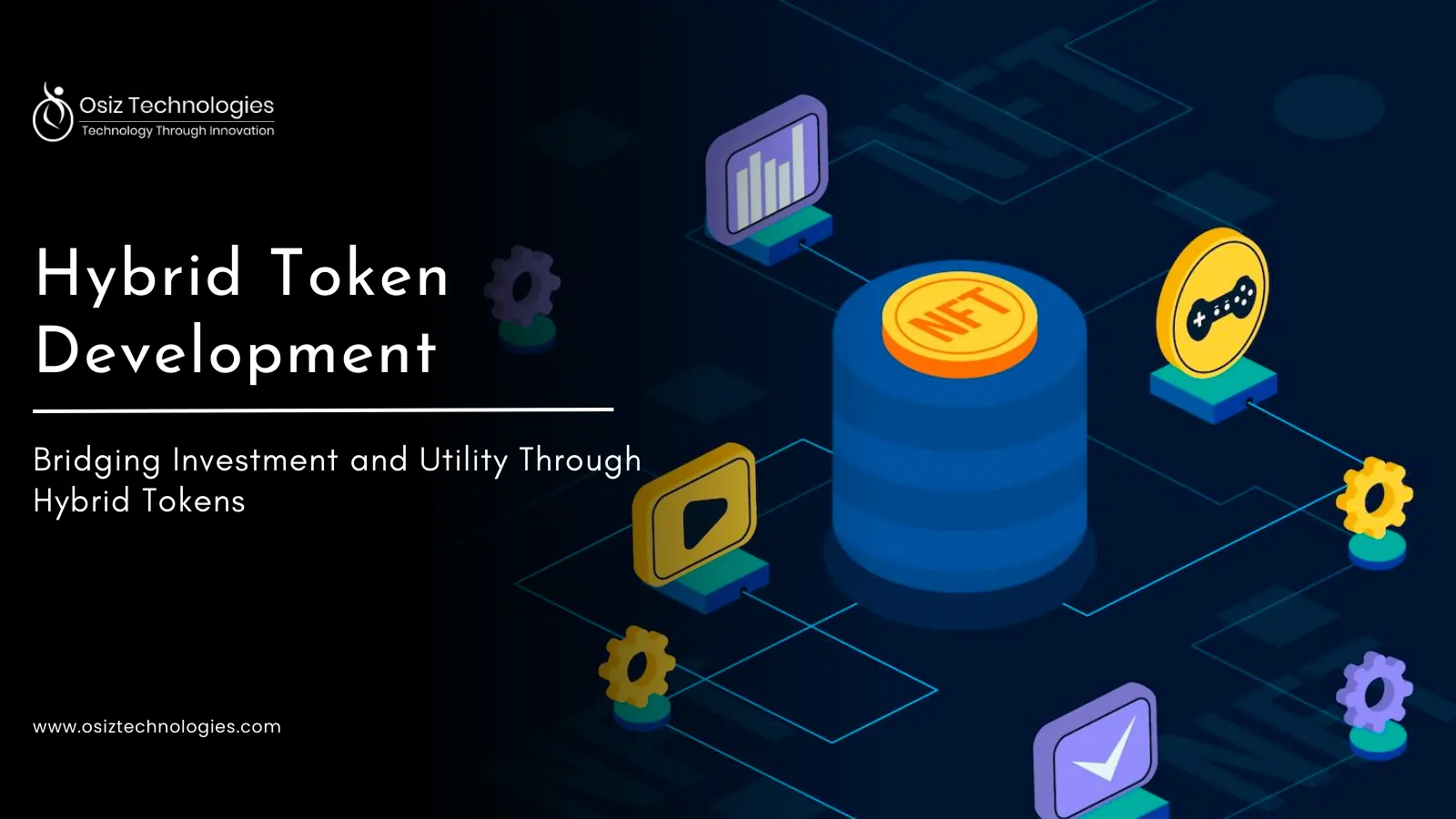In today's tech world, AI chips are transforming how devices learn, think, and operate. These tiny yet mighty processors are driving the innovation that is transforming gadgets to become smarter, faster, and more efficient. From boosting processing power to enabling top-notch AI features, AI chips are transforming the capabilities of today's technology. Through this blog, we are going to talk about their use, function, and practical applications that are transforming the future of intelligent technology. Join us as we venture into the thrilling world of AI chips and how they transform everyday devices.
What Are AI Chips?
AI chips are specialized processors that are used to speed up artificial intelligence calculations. While general-purpose processors are used to perform a variety of tasks, AI chips are used to perform the complex calculations needed by machine learning algorithms quickly. AI chips allow devices to process huge amounts of data at high speeds, so AI systems can learn, respond, and make decisions in real time. AI chips are powering the next wave of smart technology in smartphones, self-driving cars, and data centers.
Different Types of AI Chips
There are numerous types of AI chips, each with a specific purpose and designed for a range of applications. The most important ones are:
Graphics Processing Units (GPUs): Originally designed to render graphics, GPUs are used extensively in AI today due to their ability to process in parallel, which makes them a perfect tool for training deep learning models.
Tensor Processing Units (TPUs): TPUs, developed by Google, are designed to speed up machine learning operations, particularly deep learning. They are optimized for matrix computations, which occur frequently in AI operations.
Application-Specific Integrated Circuits (ASICs): ASICs are application-specific chips. In AI, they are created to execute specific functions more efficiently than general-purpose processors, with high performance and low power use.
Field-Programmable Gate Arrays (FPGAs): FPGAs can be reprogrammed once manufactured, with flexibility in AI. They occupy a middle ground between the efficiency of ASICs and the programmability of GPUs and are ideal for some real-time AI applications.
Each AI chip model has its strength depending on the particular requirements of AI workloads, whether training sophisticated models, real-time decisions, or power efficiency.
How Do AI Chips Function?
An AI chip is an integrated circuit made from semiconductor materials, typically silicon and transistors. Transistors are the components that regulate the flow of electrical currents through a circuit, switching on and off to create signals that are interpreted by digital devices as ones or zeros.
In modern AI chips, the signals get switched billions of times per second, and the circuits can perform complex calculations using binary codes to process and store data. AI chips are application-specific logic chips designed to handle the huge amounts of data fed into AI applications. Memory chips store data, and logic chips process, but AI chips handle large-scale data processing for machine learning and other AI applications.
These chips are built with smaller, more efficient transistors than standard chips, allowing for faster processing speeds and reduced energy consumption.
The most important characteristic of AI chips is likely to be parallel processing, which allows them to perform many calculations simultaneously. This characteristic greatly accelerates the calculation of complicated algorithms in AI workloads so that tasks that would take general-purpose chips days or hours to run are done in minutes or seconds. Because of the difficulty of training AI models, the characteristic of AI chips to perform multiple tasks simultaneously is the key to the efficiency and scalability of AI technology.
Real-World Examples of AI Chip Usage
These examples highlight how AI chips are integrated into various industries, enhancing capabilities and driving innovation across multiple fields.
Self-Driving Cars
AI chips process data from sensors and cameras in real time, enabling self-driving cars to navigate and make quick decisions. Companies like Tesla use these chips to ensure safe and efficient autonomous driving.
Smartphones
AI chips in smartphones power features like facial recognition, voice assistants, and camera enhancements, improving device performance and user experience. Apple’s A-series chips optimize photo quality and battery efficiency.
Healthcare Diagnostics
AI chips analyze medical data to assist in early disease detection and diagnosis. Tools like IBM Watson Health use AI chips to interpret medical images and personalize treatment plans.
Smart Homes
AI chips in smart home devices enable voice control, automation, and real-time learning. Amazon Alexa and Google Nest use them to enhance user convenience and energy efficiency.
Robotics in Manufacturing
AI chips in robots help automate tasks like assembly and quality control in manufacturing. Companies like ABB use these chips to improve precision and efficiency in production lines.
Future of AI Chips
The future of AI chips is poised to revolutionize computing, enabling faster processing, higher efficiency, and advanced machine learning capabilities. With breakthroughs in nanotechnology and semiconductor innovation, AI chips are becoming smaller, more powerful, and more energy-efficient. Emerging technologies like neuromorphic and quantum AI chips are set to redefine AI processing, enhancing decision-making and automation across industries.
Custom AI chips tailored for sectors like healthcare, finance, and autonomous systems will drive optimized performance and real-time analytics. As edge computing and cloud AI expand, the demand for high-performance AI chips is rapidly increasing, pushing the boundaries of AI-driven solutions. At Osiz, we stay ahead in AI innovation, delivering cutting-edge AI solutions powered by advanced AI chip technology to transform businesses worldwide.
Conclusion
AI chips are at the core of today’s technological advancements, powering intelligent systems across various industries. From streamlining mobile phone processing to enabling autonomous vehicles and medical diagnoses, AI chips are driving the future of AI-powered solutions. With continued innovation in AI technology, AI chips will become increasingly efficient, scalable, and specialized, expanding the horizons in automation, real-time processing, and decision-making.
With the advancements in semiconductor design and the arrival of neuromorphic and quantum computing, AI chips will be leading the charge in shaping the future of smart technology. As a Promident AI Development Company, We Osiz is committed to being at the leading edge of AI innovation, providing cutting-edge AI solutions supported by cutting-edge AI chip technology. With the industry's best talent, we provide end-to-end integration and development to help businesses successfully implement their AI-based projects and stay ahead of the digital revolution.
Listen To The Article












